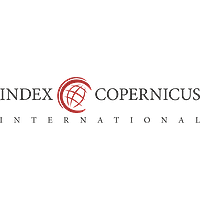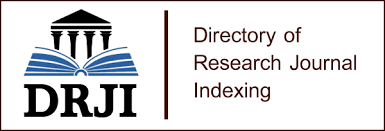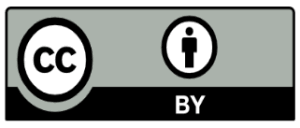INTERROGATING THE COMMUNITY PARTICIPATION PARADIGM: A THEORETICAL PERSPECTIVE
DOI:
https://doi.org/10.55327/jaash.v10i3.348Abstract
Community participation in governance processes has been viewed as enhancing a democratic culture within concerned communities by making participants part of the problem-solving mechanism. Proponents of community participation espouse divergent views but concur that positive attributes are realised. In South Africa the post-1994 democratic dispensation has created an enabling environment for community participation at different levels of government. This has been necessitated in part to the participatory approach the communities undertook to dislodge the apartheid regime. In South Africa, through appropriate constitutional provisions, communities have been empowered to have a stake in the running of their own affairs through elected councillors and municipal officials. With community participation, people have felt to be part of a solution to problems in their communities and this has helped to eliminate poverty through the engagement of private sector to provide services which cannot be efficiently delivered by government. Lack of interest in municipal affairs has also resulted in non-participation by some communities.
Downloads
Published
How to Cite
Issue
Section
License
Copyright (c) 2024 Prof. Dr. Jephias Mapuva

This work is licensed under a Creative Commons Attribution 4.0 International License.
Copyrights for articles published in Journal of Asian and African Social Science and Humanities are retained by the authors, with first publication rights granted to the journal. The journal/publisher is not responsible for subsequent uses of the work. It is the author's responsibility to bring an infringement action if so desired by the author.
Articles published in Journal of Asian and African Social Science and Humanities are published under the Creative Commons Attribution (CC-BY) license, which permits others to distribute, remix, tweak, and build upon your work as long as they credit you for the original creation.
Â















